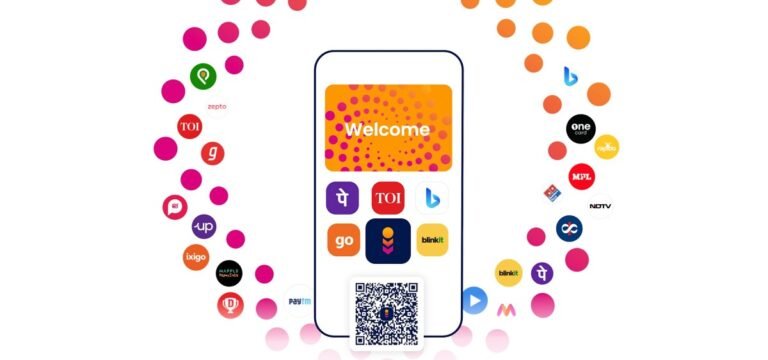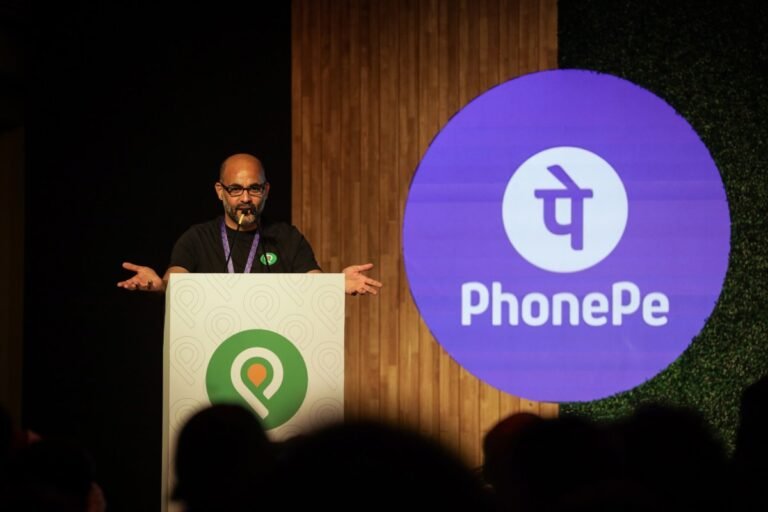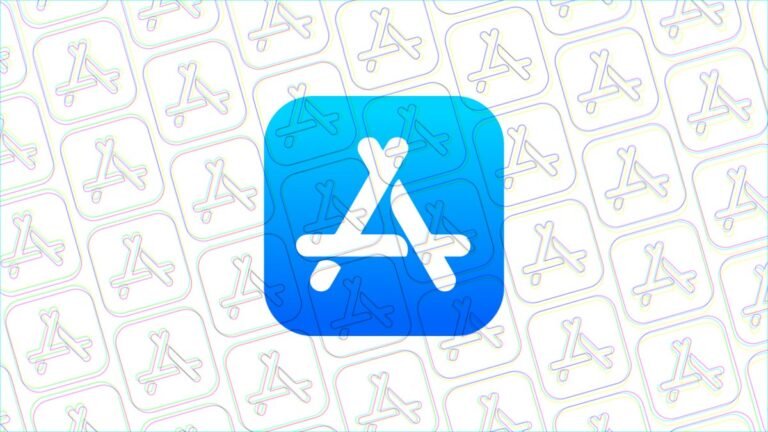
Bumble, a once-powerful force in online dating, is facing a reckoning.
CEO Lidiane Jones announced that 37% of Bumble’s workforce, or about 350 employees, would be let go, and that Bumble would embark on an app overhaul targeted at reviving growth.
And many of the capabilities introduced in Bumble’s apps in the past 18 months haven’t resonated with the user base, Jones said during the call.
Jones, who joined from Slack in January, appointed four new C-suite executives at Bumble in the last week alone.
Dating apps generally — including Match Group’s — have seen declining revenue from users reluctant to fork over cash for premium add-ons.

Lapse has been been gaining some traction in the market — claiming millions of users, 100 million photos captured each month and a coveted, consistent top-10 ranking in the U.S. app store for photographic apps.
Now it’s announcing a new round of funding of $30 million to take its ambitions to the next level.
The company’s ethos may have an old school feel to it, but some of the mechanics of how the app operates are anything but.
Lapse has come under some scrutiny — see our story here — for how it has used growth-hacking and forced invites to expand the number of installs of its app.
(“Buh-bye, Lapse!” one of my more cranky and frustrated friends told me when I asked her to download the app to connect with me.)

Through FlowGPT, users can build their own GenAI-powered apps and make them publicly available, earning tips for their contributions.
“Creative,” “Programming,” “Game” “Academic”), while creators get options for customizing the behavior — and appearance — of GenAI apps.
I say model the creator recommends because FlowGPT apps really, at their core, are prompts — prompts that prime models to respond in certain ways.
Many of these apps could potentially cause harm, like therapy apps and apps that advertise themselves as authoritative health resources.
It’s the wild west of GenAI apps — and the toggle’s ineffective to the point where I barely notice a difference in app selection with it switched on.

Reddit’s long-awaited IPO is nearing, promising to be the largest social media IPO since Pinterest.
Meanwhile, Mastodon, and the wider network of apps connected to the “Fediverse” as the decentralized social web is called, has a combined 17.2 million users.
Just as some Twitter users broke away to join decentralized alternatives, once they became viable alternatives, Reddit users could also do the same.
If Meta fears the power of decentralized social networks enough to join the movement, surely Reddit is not immune?
Seeing their demands ignored and overridden could eventually drive them to find new homes on decentralized social media, where they would maintain control over their communities and user data.

Google is sunsetting the Google Pay app in the US later this yearGoogle has announced that Google Pay is shutting down in the United States in June, as the standalone app has largely been replaced by Google Wallet.
Users can continue to access the app’s most popular features right from Google Wallet, which Google says is used five times more than the Google Pay app in the United States.
After June 4, users will no longer be able to send, request or receive money through the U.S. version of the Google Pay app.
Users who used the Google Pay app to find offers and deals can still so do using the new deals destination on Google Search, the company says.
Google says millions of people in over 180 countries use Google Pay to check out when shopping on desktop, mobile and in store.

Microsoft, Amazon and Meta are among the top brands whose apps are available on the Indian fintech PhonePe’s Indus Appstore, an app store for the Android mobile operating system, launched Wednesday in challenge to Google’s monopoly in its largest market by users.
To fight Google Play Store, PhonePe has armed Indus Appstore with a range of unique and personalized features and developer-friendly terms.
Indus Appstore supports 12 regional languages (as well as English) and round the clock support service.
PhonePe is making the app store available to download to consumers from its website.
“Indus Appstore embodies our commitment to building a truly inclusive digital ecosystem where every Indian user feels at home.”Ivan Mehta contributed to this report.

Of the professions in danger of being replaced by AI, language teacher is certainly up there.
One of those is Loora, which leans on conversational AI to teach English to students.
“The idea for Loora [came from] our frustration with language learning,” Mor told TechCrunch in an email interview.
Quite a few English learning platforms offer features along those lines, including OpenAI-backed Speak, Preply (which recently doubled down on AI tech) and ELSA.
Loora also intends to launch an enterprise service, broadening beyond its current customer base of 15,000 app users.

PhonePe aims to be a top Google Play alternative in India — but it has a challenging road aheadWalmart-backed PhonePe is set to launch its Android app store this week with zero commission for in-app purchases for developers.
Later that month, a bunch of Indian startups banded together to form a coalition and explore an alternative app store.
Over the years, other startup executives have also complained about Play Store’s 30% fee and have pushed for a “Made in India” app store.
In 2021, Google dropped its commission from 30% to 15% for the first $1 million a developer earned from the Play Store each year.
If you are a developer publishing your app on alternative app stores, I’d love to hear from you on im@ivanmehta.com

In a role reversal, Xalts, a Singapore fintech startup founded 18 months ago, has acquired Contour Network, a digital trade platform set up by eight major banks including HSBC, Standard Chartered and BNP.
Backed by Accel and Citi Ventures, Xalts enables financial institutions to build and manage blockchain-based apps.
The startup plans to turn Contour into a rail connecting banks, corporations and other institutions, and integrate it with Xalts’ platform.
Kaur says this will enable Xalts’ clients to not only build apps, but also connect with each other in a secure and compliant way.
It will focus first on enabling banks and logistics companies to offer embedded trade and supply chain apps on a single platform to their customers.

Apple last week announced new rules for EU app developers to comply with new regulation, the Digital Markets Act (DMA).
Developer responses to the changes have been mixed, as several larger companies, including Epic Games, Spotify and more recently Microsoft, have come out against Apple’s changes, which seemed designed to ensure that Apple’s ability to profit from iPhone apps continues, regardless of how they’re discovered and installed.
This fee applies to apps both distributed on the App Store and through alternative marketplaces and is €0.50 for each first annual install per year over a 1 million threshold.
After digging through the documents Apple provided and speaking to the company, there are a few caveats and details to these rules that developers should know.
We’re compiling them below as a starting point and will add to this list over time as we learn more.













